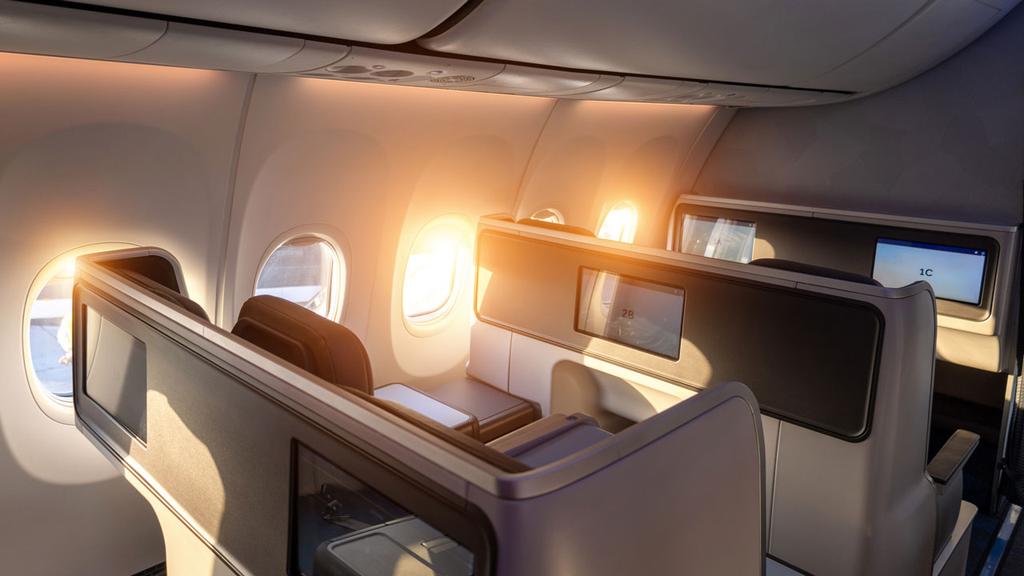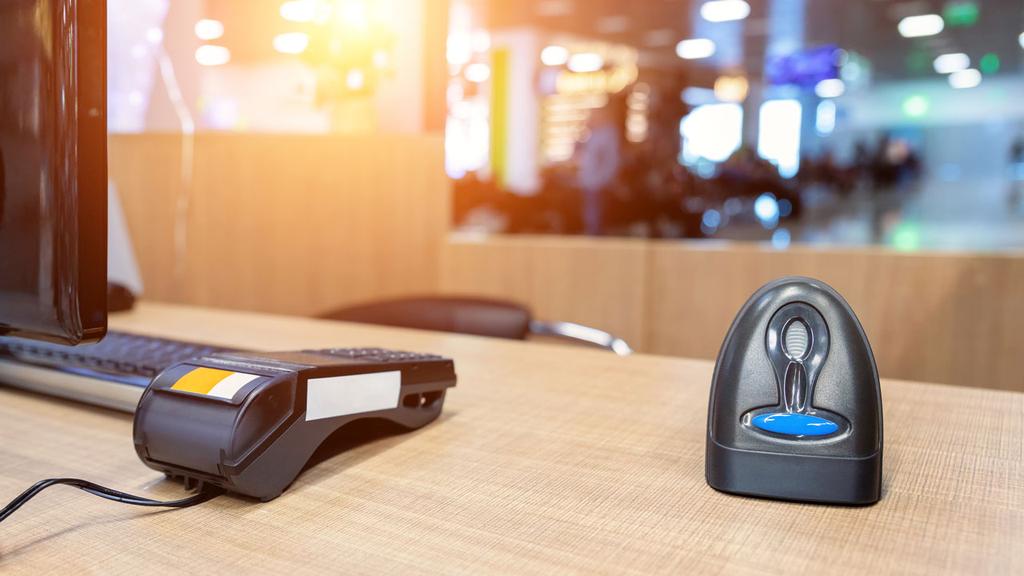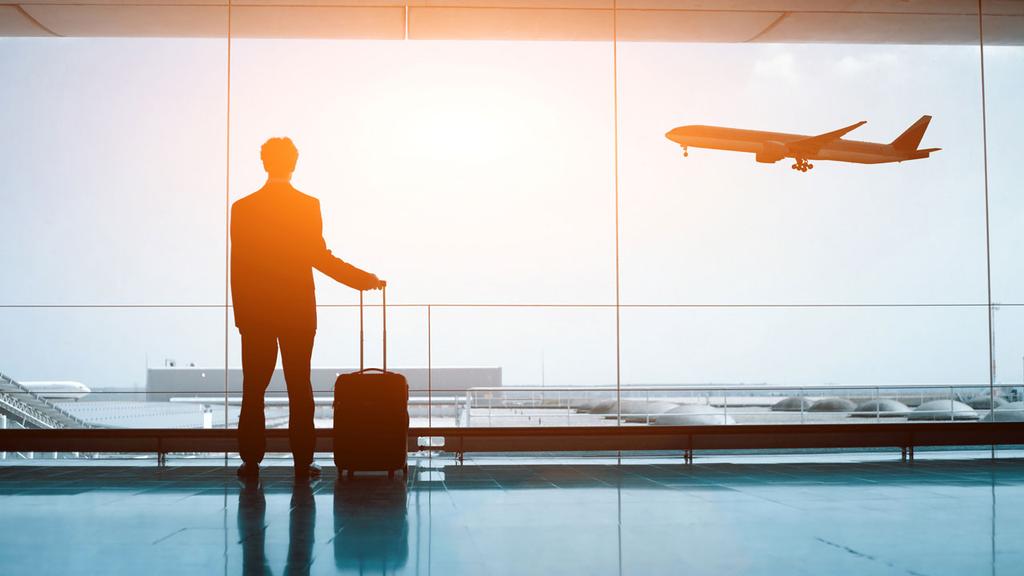Love the perks you get from your credit card? Your relationship may be about to change, and not for the better. Pic: Getty Images.
An RBA crackdown on credit card surcharges and fees could spell the end of frequent flyer points programs as we know them. Here’s why.
Words by James Booth for Escape
The golden age of frequent flyer programs ended long ago. Everyone knows that. But it could be about to get a whole lot worse.
Before we get into that, let’s take a trip down memory lane. Back in the good old days, there were all sorts of ways frequent flyers could rort the system.
In 1999, for instance, a US bloke earned himself the points equivalent of 21 return tickets from the US to Australia by buying 12,150 packets of chocolate pudding (for US $3,000).
Then there was the 2020 eBay extravaganza, where a guy reportedly banked enough points to go to Europe three times, Africa, India, the US, Kazakhstan and the Whitsundays by buying things on eBay and then returning them.
But as points hackers have grown ever more inventive, airlines have closed off more and more loopholes.

Aside from the more extreme hacks, frequent flyers have also been moaning for years about how they are getting worse value for money with their legitimately-earned points. While you used to get top notch service from a real human being, uncrowded lounges and surprise upgrades as a loyal customer back in the “golden days” (whenever they were) now you have to fight tooth and nail just to get a decent meal. That’s the nostalgic version of history you get from frequent flyers who have been travelling since the early aughts, anyway.
What’s not up for debate is that while there are endless more ways to earn points (Buying petrol! Supermarket shopping! Wine glugging!) and seemingly endless credit card points programs to choose from (and more seats available to be booked with points than ever before!), it’s harder than ever to earn enough points to score an upgrade. On any airline.
Take Qantas for example. “When the Qantas Telstra Visa card, as it was then in 1996 was launched, it was one frequent flyer point for every dollar spent, and no limit,” Mike Ebstein, the man who launched the Qantas Telstra Visa card when he was working at ANZ more than 30 years ago recently told the AFR.
“And now there’s a plethora of earning schedules, but none of them come anywhere near a point for a dollar. They are half a point, a third of a point, and they have caps.”
Why things could be about to get worse
Australians’ points earning potential took a hit back in 2017, when the RBA instigated new interchange standards for credit card payments, leading to a reduction in debit and credit card interchange fees (the surcharge you pay when you buy things with a card).
This limited the amount of money credit card companies make off of everyone’s everyday transactions (i.e. when you tap your card to buy lunch, or a coffee), which in turn led to stricter points caps on spending and a low earn rate on everyday expenses for credit card loyalty program members as credit card companies endeavoured to recoup their losses, Immanuel Debeer, founder of Flight Hacks, tells Escape.

RBA’s proposed credit card changes for 2026
The RBA now wants to cap interchange rates even further, with a set of proposals set to be adopted in 2026 that frequent flyers like Mr Debeer warns could “decimate points on Visa and Mastercard.”
The RBA wants to remove surcharging on eftpos, Mastercard and Visa cards, and cap interchange fees paid by businesses. It says this is in the public interest and would save the everyday consumer about $60 a year.
Why are frequent flyers against the changes?
Interchange rates would be cut from 0.8 to 0.3 under the proposal. This would “likely make it unviable for banks” to offer the kind of points earning programs they do now, with Mr Debeer warning: “Another 60 per cent drop in their revenue [after the drop we already saw in 2017] would probably finish it off and only leave Amex as they have their own network.”
The AFR reports that the interchange rate cut would lead to a marked reduction of the value of reward points and programs, claiming multiple bankers have said it would force banks to make “unpopular but necessary” changes. One major bank is reportedly even considering jettisoning Apple Pay if the proposal is upheld.

Will Amex be a solution?
Yes and no. Mr Debeer tells Escape: “Amex would then just lower awards to compete for lower merchant fees.” In other words: there wouldn’t be any competition in the reward space so Amex would have no incentive to offer customers something drastically better than its competitors. But it might still offer something slightly better.
How will the RBA’s proposed credit card changes impact credit card point schemes?
“Aussies would lose because it would be illegal for businesses to surcharge which means they will bake it into the price,” Mr Debeer says. “So price of goods will go up, points earning will go down. Everyone loses but at least you won’t notice that your flat white now costs $6 instead of $5 + 1.5 per cent surcharge for card.”
Not everyone is against the RBA’s proposal to eliminate surcharges charged directly to consumers, however. And if you’re not a frequent flying points hacker, even though merchants will probably tack the surcharge into the initial price of things, there could still be some small benefit in it for you.
The AFR reports that Mr Ebstein welcomes the move, claiming surcharges actually play no part in funding credit card points: “The surcharges go to the bottom line of a merchant. So merchants, of course, are arguing that they will have to put prices up.”
How likely is the RBA credit card crackdown proposal to actually happen?
Very, according to Mr Debeer, who says: “I think it’s very likely. By the looks of this proposal it seems to be based on Europe/UK. In the UK they did exactly the same, drop from 0.8 to 0.3 interchange. We can see the effects just by looking at their credit card earn rates. It’s less than half what we have in Australia and the sign up bonuses are laughable.”
“The kicker though is that merchant fees have hardly budged. This means consumers are paying about the same in fees but get less rewards.”
“If this proposal goes through and if we’re all better off, I’ll eat my Platinum Amex.”

What should frequent flyers do?
Mr Debeer encourages those who value points to voice their concerns to the RBA. You have until August 26 to do this (after that the consultation will close).
Why is the RBA doing this?
An RBA review found the current system is punishing consumers too much given how everyone uses card for everything these days. It has decided the current system is not conducive to steering people towards using more efficient payment methods (like card over cash).
“Our goal is a more competitive, efficient and safe payments system for everyone,” RBA governor Michele Bullock said.
Will it actually save the everyday consumer money?
On this, opinion is split. The RBA says removing surcharges ought to benefit everyday consumers to the tune of $1.2 billion each year. Some like Mr Debeer argue it’s a lose-lose scenario, however, as retailers will just bake the old surcharge fee into their new prices.
This article first appeared in escape.com.au as RBA crackdown on credit card surcharges set to kill the value of your frequent flyer points.
